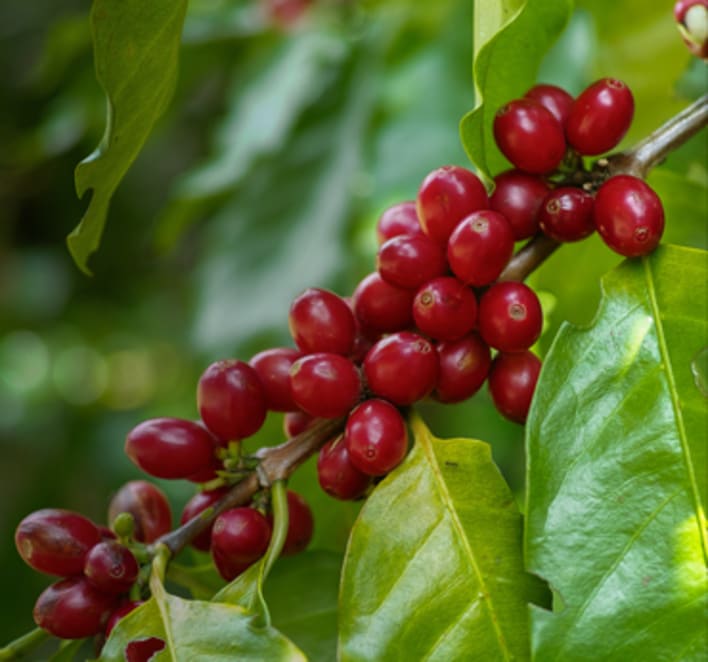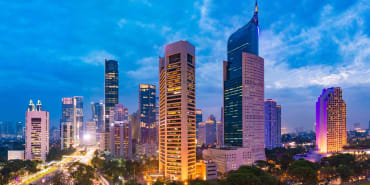

nature: inelastic food demand underpins real-asset resilience
optimising liquidity in real asset solutions.
author.
explore more Sharpe thinking.
contact us.
sources.
1 ACPM | ACARR - Investing in Farmland Can Provide an Effective Inflation Hedge with Downside Protection “Farmland has posted higher mean returns (10.71% - NCREIF Farmland Index) than US Stocks (9.58% - S&P 500 Total Return Index) and US Bonds (Bloomberg Barclays U.S. Aggregate Index - 4.62%) between 1992 and 2022. The standard deviation of the average annual returns of US farmland during the same period was 6.64% (NCREIF Farmland Index) compared to 17.80% for US stocks for the same period”.
2 “Demand Function of Coffee”, by M. Burghauserova et al. Published in the Journal of Interdisciplinary Research.
important information.
For professional investors use only
This document is a Corporate Communication for Professional Investors only and is not a marketing communication related to a fund, an investment product or investment services in your country. This document is not intended to provide investment, tax, accounting, professional or legal advice.
Read more.









